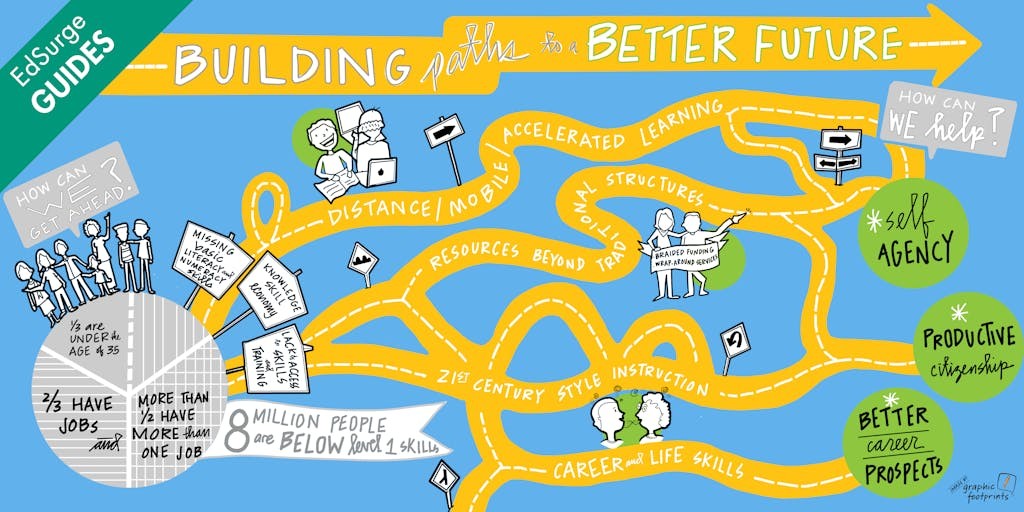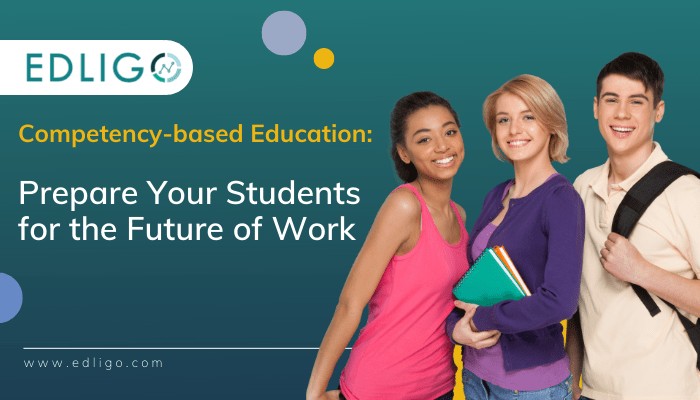Adult education is undergoing a profound transformation, driven by shifts in technology, workforce demands, and the evolving expectations of learners themselves. No longer confined to night classes or rigid certification programs, adult learning is becoming more fluid, personalized, and integrated into everyday life. This evolution reflects a broader recognition that education is not a phase but a lifelong process—one that continues well beyond formal schooling and adapts to the changing contours of careers, industries, and personal aspirations.
One of the most significant drivers of change in adult education is the acceleration of digital learning platforms. Online courses, microcredentials, and virtual workshops have made education more accessible than ever before. Adults can now learn at their own pace, on their own schedule, and often at a fraction of the cost of traditional programs. This flexibility is particularly valuable for working professionals who must balance learning with job responsibilities, family commitments, and other personal obligations. For example, a mid-career marketing executive might enroll in a data analytics course to stay competitive, completing modules during evenings or weekends without disrupting their workday. This kind of just-in-time learning is becoming the norm, allowing individuals to acquire skills precisely when they need them.
The future of adult education also emphasizes relevance. Learners are increasingly seeking education that aligns directly with their goals, whether that means advancing in their current role, pivoting to a new industry, or launching a business. Institutions and providers are responding by designing programs that are outcome-driven and closely tied to market needs. In business contexts, this means courses that focus on practical applications—how to lead remote teams, interpret financial statements, or implement sustainability strategies. The emphasis is on utility, not abstraction. Learners want to know how the content will help them solve problems, make decisions, and deliver results.
Another emerging trend is the integration of learning into the workplace itself. Companies are investing in internal learning ecosystems, offering employees access to curated content, mentorship opportunities, and collaborative projects that double as professional development. This approach blurs the line between education and employment, creating environments where learning is continuous and embedded in daily operations. For instance, a tech firm might use a learning management system to deliver bite-sized lessons on cybersecurity, followed by team-based simulations that reinforce the concepts. This model not only enhances skill acquisition but also fosters a culture of growth and adaptability.
Personalization is also reshaping adult education. Advances in artificial intelligence and data analytics allow platforms to tailor content to individual learning styles, preferences, and progress. Adaptive learning systems can identify when a learner is struggling with a concept and adjust the material accordingly, offering additional resources or alternative explanations. This level of customization mirrors the kind of user experience people expect from consumer technology, and it makes learning more engaging and effective. In business, where time is a premium and outcomes matter, personalized education ensures that professionals get the most value from their investment.
Credentialing is evolving as well. Traditional degrees and certifications are being supplemented—and in some cases replaced—by microcredentials, digital badges, and portfolio-based assessments. These alternatives offer more granular recognition of skills and competencies, allowing learners to build a mosaic of qualifications that reflect their unique journey. Employers are increasingly valuing demonstrable skills over formal titles, especially in fast-moving fields like tech, design, and entrepreneurship. A graphic designer, for example, might showcase a portfolio of client work and a series of badges in UX design, rather than relying solely on a diploma. This shift democratizes education, making it more inclusive and responsive to diverse pathways.
Social learning is another dimension gaining traction. Adults benefit not only from expert instruction but also from peer interaction, shared experiences, and collaborative problem-solving. Online forums, cohort-based courses, and professional networks provide spaces where learners can exchange ideas, ask questions, and build relationships. These communities often become sources of motivation and accountability, helping individuals stay engaged and committed to their goals. In business, where networking and collaboration are essential, social learning reinforces the interpersonal skills that drive success.
The future of adult education also demands a rethinking of the educator’s role. Instructors are becoming facilitators, coaches, and curators rather than sole sources of knowledge. They guide learners through complex material, help them connect theory to practice, and support their personal and professional growth. This shift requires educators to be agile, empathetic, and tech-savvy, capable of navigating diverse learning environments and adapting to the needs of adult learners. It also opens the door for professionals to become educators themselves, sharing expertise through webinars, workshops, and mentorship.
Ultimately, the future of adult education is about empowerment. It’s about giving individuals the tools, confidence, and opportunities to shape their own paths. In a business world that values agility, innovation, and lifelong learning, adult education is not a luxury—it’s a strategic imperative. Organizations that invest in learning not only enhance employee performance but also build resilience and adaptability. Individuals who embrace continuous education position themselves to thrive amid change, seize new opportunities, and contribute meaningfully to their fields. As the boundaries between learning and working continue to blur, the most successful professionals will be those who see education not as a destination, but as a way of life.




